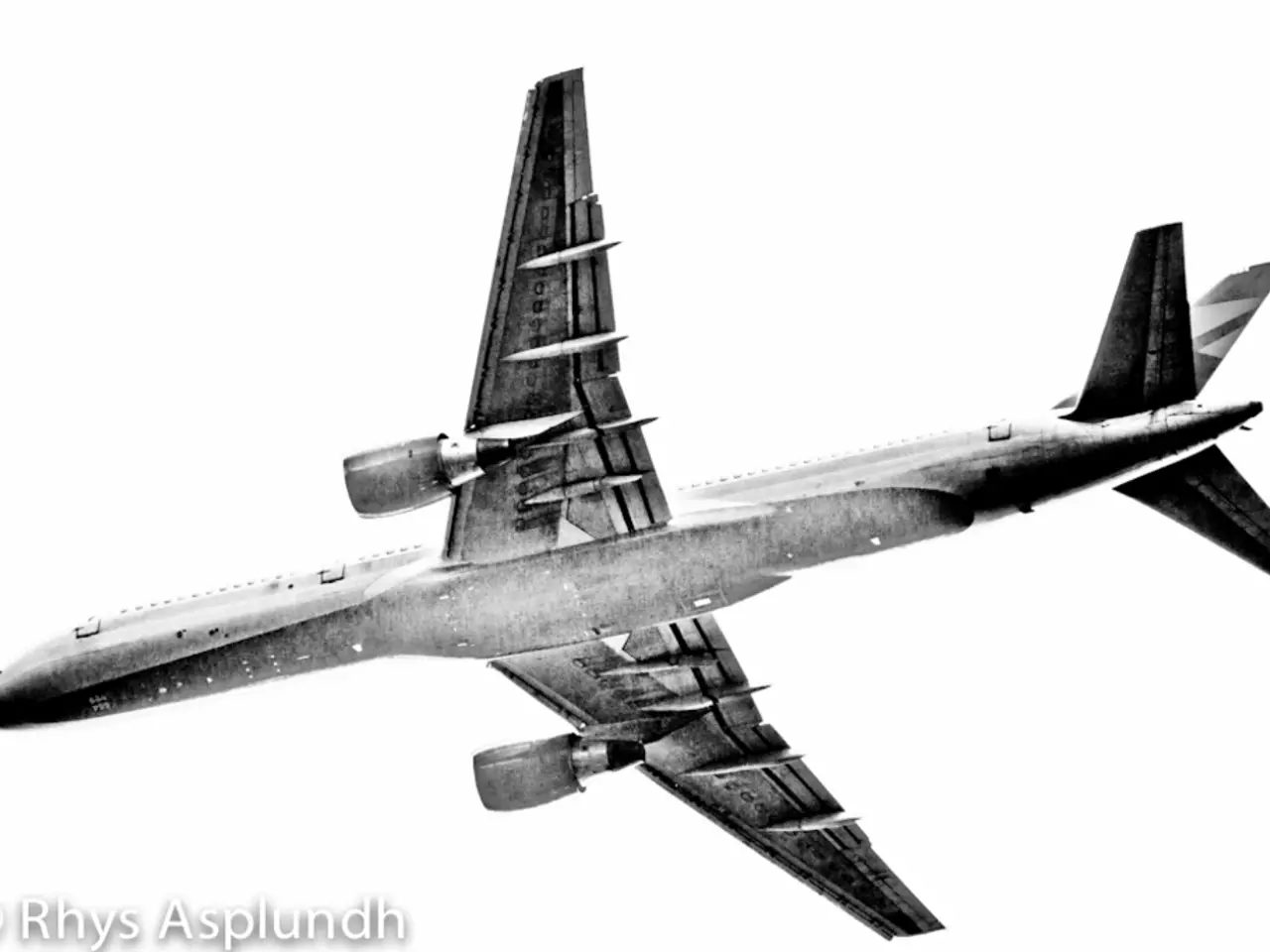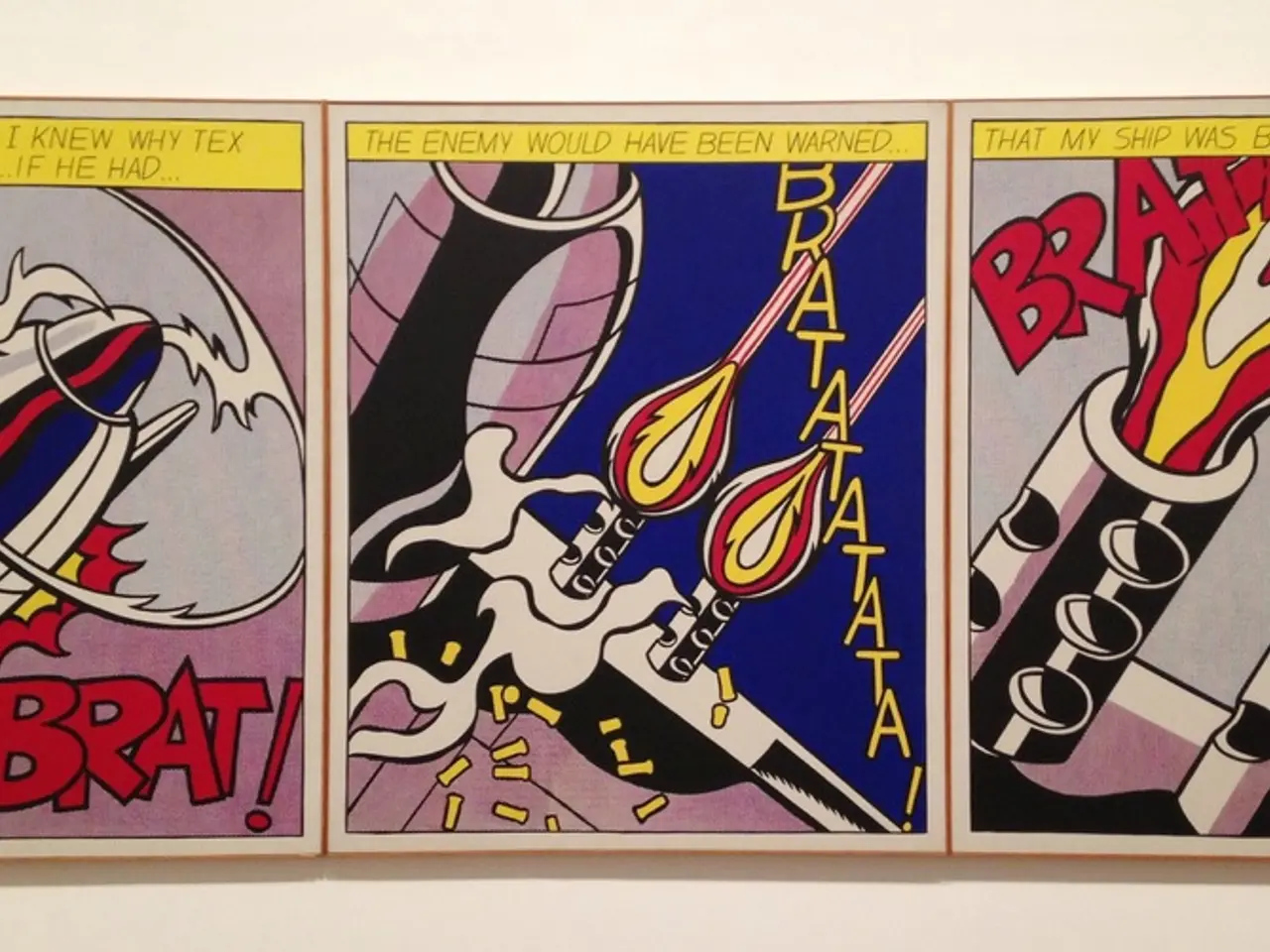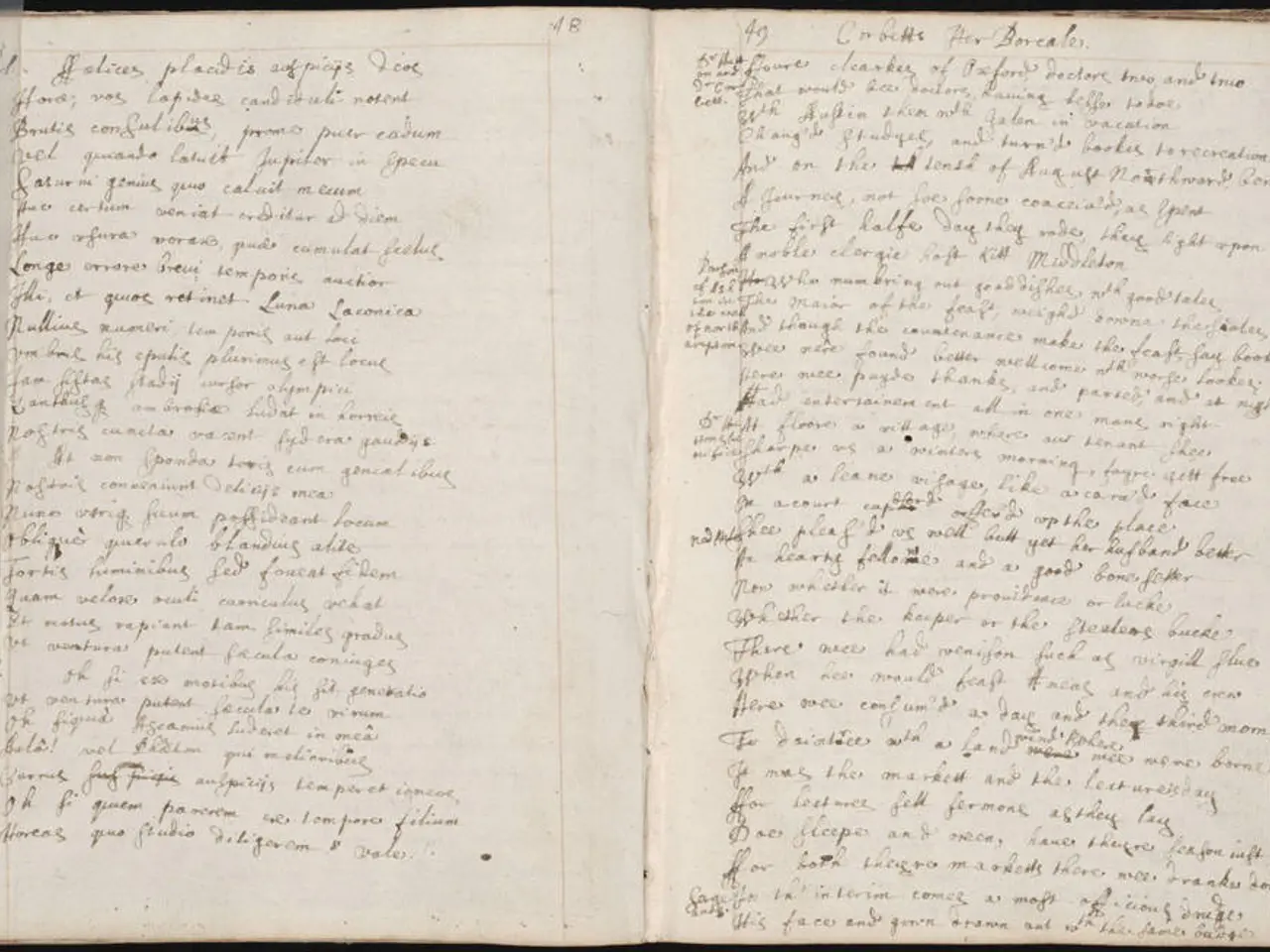Strategic approach to Levantine peace, potential role for American peace envoy
In a strategic move aimed at enhancing regional stability and security, the United States and its allies are working towards the removal of the PKK from Syria. This action is expected to bring several key benefits to countries like Turkey, Israel, and Jordan, as well as pave the way for economic cooperation and border security in the Levant region.
For Turkey, the elimination of the PKK would mean an end to cross-border security threats, enabling a shift from military interventions to economic cooperation. This could be further boosted by U.S.-brokered agreements offering Turkey priority roles in Syrian reconstruction, joint infrastructure projects, and involvement in a new Levant Economic Corridor connecting the Mediterranean to the Gulf region.
Israel stands to gain from a Syria without PKK and Iranian influence, as it would reduce the need for preemptive strikes and allow a more stable regional security balance. U.S. mediation could lead Syria to halt weapons transfers to Hezbollah and end hosting Iranian military bases, while Israel could reduce its air operations, fostering stability.
Jordan would benefit from a functioning and sovereign Syrian border, as it would help curb smuggling and related security pressures. The U.S. could support Jordan through surveillance technology, rapid reaction forces, and intelligence sharing to secure the border.
To achieve this goal, several steps are being taken. These include facilitating PKK disarmament and reintegration, supporting political and security arrangements that integrate Kurdish forces into a unified Syrian state, using U.S. diplomatic efforts to broker agreements between key players, and applying pressure to sever alliances of the PKK and the SDF with Iran and Syria.
The new Syrian leadership has signalled a readiness to work with all regional actors, including the United States, in pursuit of national restoration. The PKK, through its Syrian offshoot the YPG, has entrenched itself in Syria under the guise of the Syrian Democratic Forces (SDF) and the political framework of the Autonomous Administration of North and East Syria (AANES). The PKK's Syrian presence provides safe havens, recruitment pools, and logistical support networks that threaten Turkish security.
The United States must lead on a solution that ends the PKK's presence in Syria, and this involves the dissolution of the PYD and the AANES as governing entities, replacing them with locally elected municipal councils operating within a unified Syrian constitutional framework. The summit, a high-level conference modeled on the 1991 Madrid Conference, could institutionalize the alignment of interests among major foreign stakeholders. The summit's agenda would commit all parties to Syria's territorial integrity, the non-support of separatist militias, and the coordinated withdrawal of all non-Syrian armed forces.
Removing the PKK from Syria will have immediate strategic benefits for U.S. allies, including Turkey, Israel, and Jordan, and would mark a historic security achievement for Turkey. The removal of Iranian forces and the stabilization of Syria's northern frontier would significantly reduce the risk of a sudden two-front war for Israel. A U.S.-supported Arab Reconstruction Fund for Syria, led by Saudi Arabia, could be the economic engine of Syria's recovery.
The Levant Stability Summit, if successful, could demonstrate the United States' ability to deliver decisive results in the Middle East, strengthen alliances, contain adversaries, and end one of the most persistent conflicts of our time. The United States leading this transformation could reaffirm its role as a key player in the region and contribute to a more peaceful and prosperous Middle East.
- The Syrian government, with the help of the United States and its allies, is working on removing the PKK from Syria, which is expected to bring benefits not only to Turkey but also to Israel, Jordan, and other countries in the Middle East.
- Disarming the PKK and reintegrating them could pave the way for political and security arrangements that integrate Kurdish forces into a unified Syrian state, which is a key step towards regional stability and security.
- Russia, as a key player in the Middle East politics, is expected to play a crucial role in the removal of the PKK from Syria, given its ties with both Turkey and the Syrian government.
- In Ankara, the end of the PKK's presence in Syria would mean an end to cross-border security threats, enabling Turkey to shift its focus from military interventions to economic cooperation.
- The European Union, keeping in mind the general news and war-and-conflicts in the Middle East, could also provide economic assistance to the reconstruction of Syria after the PKK is removed, fostering stability and security in the region.
- The removal of the PKK from Syria could potentially lead to the establishment of a new Levant Economic Corridor connecting the Mediterranean to the Gulf region, enhancing economic cooperation between countries like Turkey, Syria, and other Middle Eastern nations.








